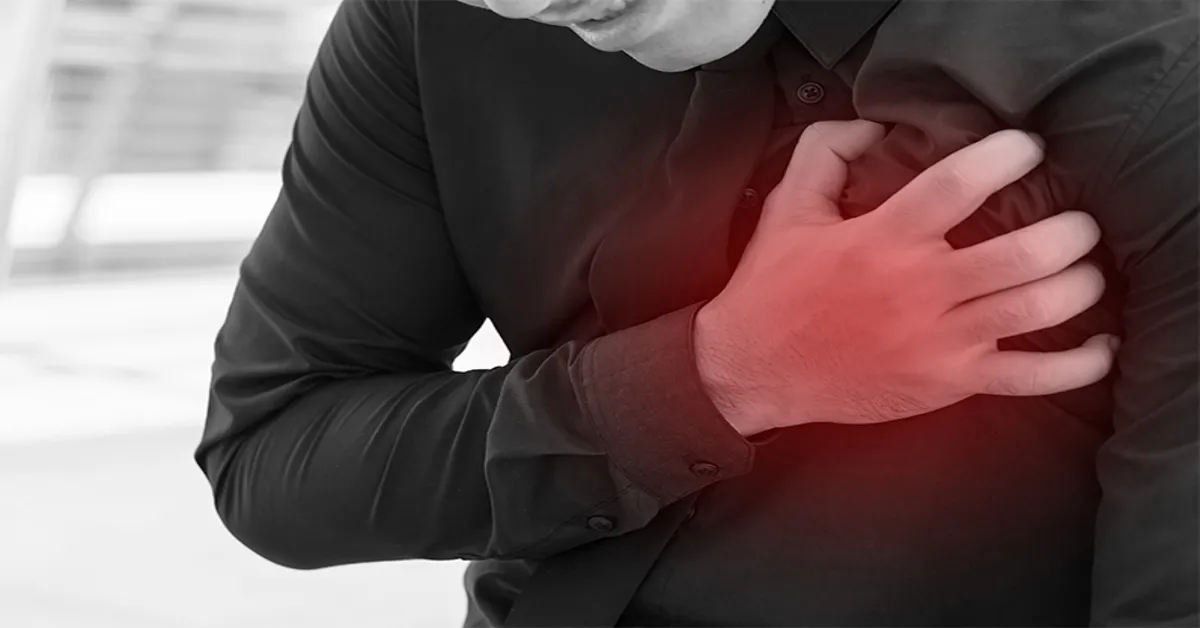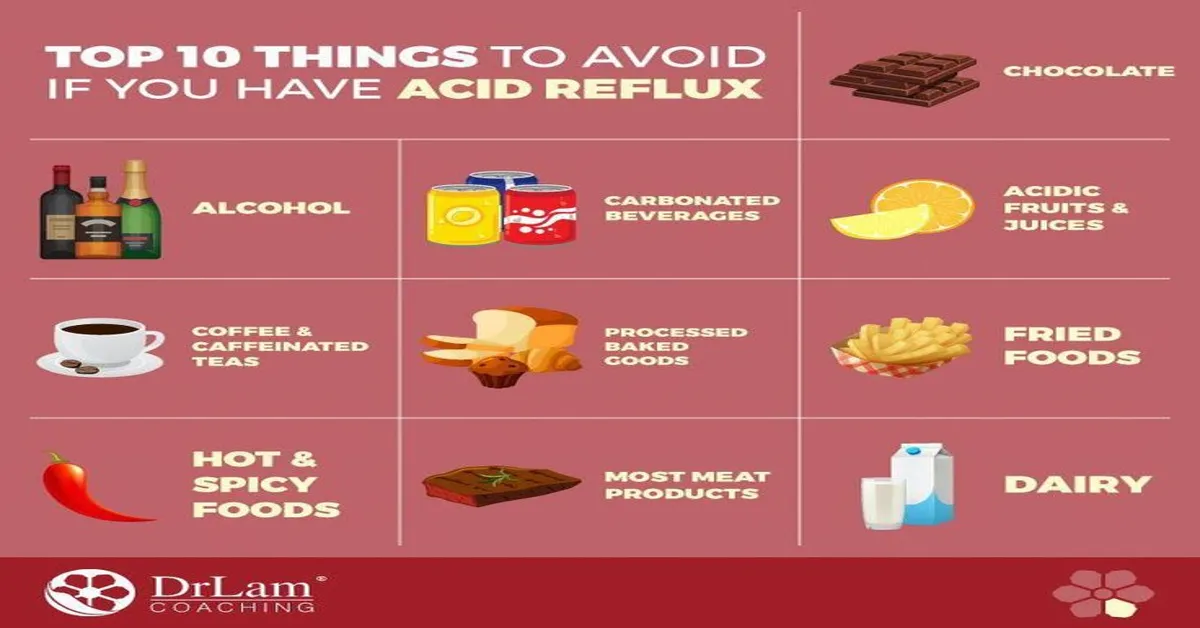https://memorialweightlosscenter.com/does-coffee-cause-heartburn/
As the dawn breaks and the aroma of freshly brewed coffee fills the air, it isn’t the caffeine kick that worries Clara. It’s the lurking unease she feels, anticipating the unpleasant burn of acid reflux, a sensation all too familiar for many coffee enthusiasts. **Why does her cherished morning ritual come with such a discomforting price?** The answer lies deep within the cup she cradles, a blend of factors that turn her soothing beverage into a trigger for distress.
**The quest to enjoy coffee without the painful aftermath** is not just Clara’s alone; it’s a pursuit shared by countless others. In unraveling this conundrum, we delve into the complex dance between our favorite brew and our digestive systems. *The key to sipping without wincing* is understanding the intricate ways in which coffee influences acid reflux.
Join us as we explore the depths of this bitter-sweet relationship, and uncover strategies to keep the joy of java without the jolt of discomfort.
Key Takeaway
- Acid reflux in coffee drinkers like Clara is caused by a combination of factors inherent in coffee that can affect the digestive system.
- The discomfort experienced by many coffee lovers is due to the acidic nature of coffee, which can irritate the lining of the stomach and esophagus.
- Caffeine content in coffee is a known trigger for acid reflux as it can relax the lower esophageal sphincter, allowing stomach acid to escape into the esophagus.
- Understanding the relationship between coffee consumption and digestive reactions is key to enjoying coffee without the associated pain.
- Exploring ways to mitigate the effects of coffee on acid reflux can help maintain the enjoyment of coffee without the negative side effects.
Introduction to Acid Reflux
Unraveling the Mystery: Coffee’s Role in Acid Reflux Ever wondered why your beloved morning brew sometimes turns traitor, triggering that unpleasant burn known as acid reflux? The answer lies in coffee’s complex chemical makeup. Coffee beans contain various acids, such as chlorogenic acid, which can increase stomach acidity. Additionally, caffeine, the revered energy booster, relaxes the lower esophageal sphincter (LES), the gatekeeper between your esophagus and stomach.
When the LES relaxes at the wrong time, it allows stomach contents to flow back up, causing discomfort and a sour taste in your mouth. Moreover, coffee, especially when consumed in large quantities, can stimulate gastric acid secretion, further exacerbating the issue. So, while coffee is a delightful pick-me-up, it’s also a brew with a tendency to stir up more than just your senses.
what causes acid reflux in coffee
| Cause | Explanation | Preventative Measures |
|---|---|---|
| Caffeine Content | Caffeine relaxes the lower esophageal sphincter, which can allow stomach acid to escape. | Opt for decaffeinated coffee to help reduce the risk of acid reflux symptoms. |
| Acidity Levels | Coffee’s natural acidity can irritate the lining of the esophagus and stomach, leading to discomfort. | Choose low-acid coffee options or cold brew to minimize irritation. |
| Volume Consumed | Drinking large amounts of coffee increases stomach acid production, which can cause reflux. | Limit coffee intake and avoid drinking it on an empty stomach to reduce symptoms. |
| Consumption Time | Drinking coffee late in the day or near bedtime can trigger nighttime acid reflux. | Avoid coffee several hours before sleeping to prevent acid reflux at night. |
| Food Pairing | Consuming coffee with certain foods may exacerbate acid reflux, depending on individual sensitivity. | Identify and avoid foods that trigger your acid reflux when consumed with coffee. |
| Individual Sensitivity | Some individuals may have a heightened sensitivity to coffee, regardless of the kind consumed. | Consider switching to other beverages if coffee consistently causes acid reflux. |

The Culprits in Coffee
Caffeine’s Kick and Your Gut: The Acidic Truth Behind Coffee Reflux Ever wondered why your beloved morning cup of joe sometimes turns into an unwelcome fire in your chest? The culprit behind this discomfort is acid reflux, a condition where stomach acid flows back into the esophagus, causing irritation and that all-too-familiar burning sensation. When it comes to coffee, several factors are at play. Firstly, caffeine relaxes the lower esophageal sphincter, the gatekeeper muscle that keeps stomach acid where it belongs.
This relaxation can welcome a reflux flare-up with open arms. Additionally, coffee is naturally acidic, and this can turn up the heat in your stomach, prompting acid to gatecrash the esophageal party. Moreover, coffee may stimulate gastric acid production, adding more fuel to the acid reflux fire.
So, while coffee’s rich aroma and energizing effects are intoxicating, for some, it is a double-edged sword that can stir up gastric turmoil.
Brewing Methods Matter
Unraveling the Mystery of Acid Reflux in Coffee Aficionados Ever wondered why your beloved cup of joe sometimes turns traitor, leaving you grappling with the discomfort of acid reflux? It’s not just you; it’s chemistry. Coffee, by its very nature, contains various compounds that can trigger this pesky condition. The primary culprits are caffeine and the naturally occurring acids in coffee beans, which can cause the lower esophageal sphincter to relax.
This relaxation allows stomach acid to creep back up into the esophagus, leading to that all-too-familiar burning sensation. Additionally, coffee can stimulate excessive gastric acid secretion, further exacerbating the problem. To top it off, if your brew is particularly rich and strong, the high concentration of these elements significantly increases the likelihood of acid reflux.
So, next time you reach for that dark, steamy elixir, remember that moderation could be the key to enjoying your coffee and keeping those fiery symptoms at bay.
Mitigating Coffee-Induced Acid Reflux
Unveiling the Culprit: How Coffee Triggers Acid Reflux For many, a steaming cup of coffee is the elixir of morning vitality. Yet, amidst its aromatic embrace, coffee holds a mischievous side, particularly for those sensitive to acid reflux. The question brews: what causes acid reflux in coffee? The answer is a blend of factors.
Coffee, inherently acidic, can loosen the lower esophageal sphincter (LES), the gatekeeper muscle that keeps stomach acids where they belong. This relaxation allows the acidic contents to ascend, leading to that unwelcome burn. Additionally, caffeine, a known agitator, stimulates acid production, turning your soothing sip into a turbulent tide.
Certain oils and compounds within the beans can also contribute to this gastrointestinal rebellion. So, while we cherish our coffee rituals, it’s wise to acknowledge that every cup comes with a potential stir of stomach acid.
Read More
https://acidityincoffee.com/puroast-decaf-coffee/
https://acidityincoffee.com/low-acid-coffee-for-a-smooth-and-balanced-brew/
https://acidityincoffee.com/low-acid-coffee-ph/
https://acidityincoffee.com/low-acid-cold-brew-coffee/
Statistical Information: what causes acid reflux in coffee
| Cause | Description | Preventative Measures |
|---|---|---|
| Caffeine Content | Caffeine in coffee relaxes the lower esophageal sphincter, which can lead to acid reflux. | Opting for decaffeinated coffee may help reduce acid reflux symptoms. |
| High Acidity | Coffee’s natural acidity can irritate the lining of the esophagus, worsening acid reflux. | Choosing a low-acid coffee blend can potentially alleviate discomfort. |
| Drinking Habits | Consuming large quantities of coffee, especially on an empty stomach, can trigger acid reflux. | Moderating coffee intake and eating food alongside coffee may reduce symptoms. |
| Additives | Adding milk, cream, or sugar to coffee can increase its potential to cause acid reflux. | Drinking black coffee or using non-dairy creamers might help prevent reflux. |
| Meal Timing | Drinking coffee immediately after a meal can increase the likelihood of acid reflux. | Waiting a while after eating before drinking coffee may minimize risk. |
| Individual Sensitivity | Some individuals may have a heightened sensitivity to coffee leading to acid reflux. | Limiting coffee consumption or switching to other beverages might be necessary. |
Important Notice for readers
**Please be aware** that if you experience *acid reflux* after drinking coffee, it could be due to various factors including the beverage’s acidity, caffeine content, and other compounds that may irritate the digestive tract. Adjustments to your coffee consumption habits, such as reducing the amount or switching to a low-acid variety, may help alleviate symptoms. Always consult with a healthcare professional for personalized advice.
FAQs
Can drinking coffee provoke acid reflux symptoms?
Yes, drinking coffee can provoke acid reflux symptoms due to several factors. The caffeine in coffee relaxes the lower esophageal sphincter (LES), which can allow stomach acid to escape into the esophagus. Additionally, coffee’s natural acidity and the production of stomach acid stimulated by caffeine can lead to discomfort.
Are there specific components in coffee that trigger acid reflux?
Besides caffeine, certain compounds in coffee, such as catechols and N-alkanoyl-5-hydroxytryptamides, can increase stomach acid production, contributing to acid reflux. Also, the high acidity of coffee itself can irritate the esophagus lining and exacerbate symptoms.
Is decaffeinated coffee less likely to cause acid reflux?
Decaffeinated coffee may be less likely to cause acid reflux for some individuals since it contains less caffeine. However, it still has the acidity and other compounds that can stimulate acid production, so it may not completely eliminate reflux symptoms for everyone.
How does the preparation of coffee affect its potential to cause acid reflux?
The preparation of coffee can influence its acidity levels, with cold brew typically being less acidic than hot coffee. Espresso may have a higher concentration of certain irritants due to its concentrated nature. Choosing a brewing method that produces a less acidic cup may help reduce acid reflux symptoms.
Are there ways to enjoy coffee without triggering acid reflux?
To enjoy coffee without triggering acid reflux, you can try low-acidity coffee varieties, opt for decaffeinated versions, or limit your intake. Additionally, avoid adding high-fat creamers or excessive sugar, as these can also exacerbate reflux. Drinking plenty of water and waiting a while after drinking coffee before lying down can further help minimize symptoms.
Should individuals with chronic acid reflux avoid coffee altogether?
Individuals with chronic acid reflux may benefit from avoiding coffee or significantly reducing their consumption, especially if they notice a strong correlation between their coffee intake and reflux episodes. It is essential to consult with a healthcare provider to determine the best dietary choices for managing acid reflux symptoms.
Conclusion: Balancing Coffee Enjoyment & Health
Acid reflux triggered by coffee is largely due to its high acidity and caffeine content, which can relax the esophageal sphincter and irritate the stomach lining. By understanding the factors at play, individuals can make informed choices about their coffee consumption. Reflecting on the broader implications of dietary habits on health, this highlights the importance of moderation and awareness in our daily choices.
Embrace a mindful approach to what we drink, recognizing its impact not only on our well-being but also on our quality of life.
You Can Find The More Resources Here
https://memorialweightlosscenter.com/does-coffee-cause-heartburn/

Leave a Reply